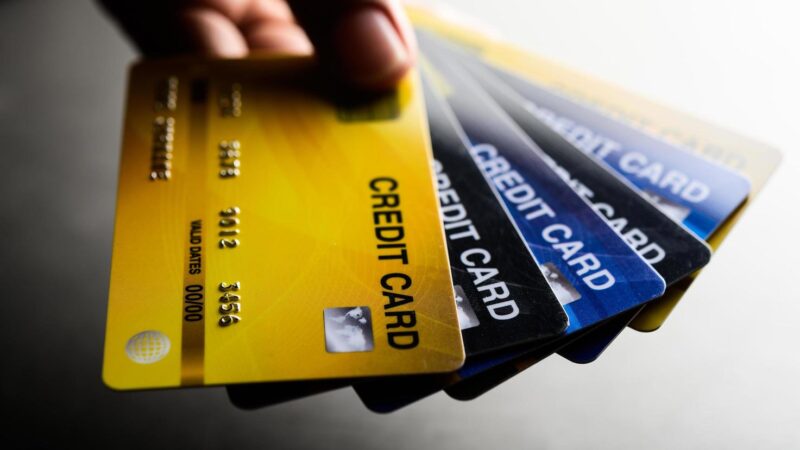Demystifying Credit Scores: How Your Credit Card Habits Impact Your Financial Health
Navigating the labyrinth of personal finance, one metric stands out as particularly pivotal: the credit score. A three-digit number that encapsulates one’s financial trustworthiness, it can open doors to favorable loan terms, competitive interest rates, and more. But what molds this score? A significant component lies in our credit card habits. This article delves deep into the relationship between credit card usage, repayment behaviors, and their overarching influence on individual credit scores.
Credit Scores Unveiled: The Basics
Credit scores range typically from 300 to 850 and are derived from one’s credit report. This score provides lenders a quick snapshot of your creditworthiness, indicating the risk they might be undertaking by lending to you.
Factors Influencing Your Credit Score
- Payment History (35%): Timeliness of your credit card payments. Late payments can significantly dent your score.
- Credit Utilization (30%): The ratio of your current credit card balances to your credit limits. Lower utilization is viewed favorably.
- Length of Credit History (15%): The duration of your credit accounts, with a longer history being beneficial.
- Types of Credit in Use (10%): Diversity of your credit accounts, including credit cards, mortgages, and installment loans.
- New Credit (10%): The number of recently opened credit accounts and the number of hard inquiries.
Credit Card Habits that Boost Your Score
- Timely Payments: Consistently paying your credit card bills on time can significantly enhance your score.
- Maintaining Low Balances: Using a smaller portion of your available credit and keeping balances low relative to credit limits can be beneficial.
- Long-Term Accounts: Keeping older credit card accounts open can lengthen your credit history, positively impacting your score.
- Judiciously Seeking Credit: Only apply for new credit when genuinely needed, avoiding unnecessary hard inquiries.
Missteps to Avoid: Credit Card Habits that Hurt Your Score
- Maxing Out Cards: Regularly using up your credit limit can indicate potential financial stress, negatively affecting your score.
- Late Payments: Even a single late payment can cause a significant drop in your credit score.
- Closing Old Accounts: This can reduce the age of your credit history, which might lower your score.
- Frequent Credit Applications: Multiple hard inquiries in a short period can signal financial desperation, leading to a reduced score.
Remedial Measures: Repairing a Dented Credit Score
- Set Up Payment Reminders: Ensure you never miss a payment by leveraging automated reminders or even setting up auto-pay.
- Debt Repayment Strategy: Adopt a structured approach, like the debt snowball or avalanche method, to methodically reduce balances.
- Seek Professional Help: If overwhelmed, consider consulting credit counseling services.
In Conclusion: The Intertwined World of Credit Cards and Credit Scores
Your credit card habits, from your spending patterns to your repayment diligence, cast long shadows on your financial profile, primarily reflected in your credit score. By understanding this symbiotic relationship and adopting prudent credit practices, you can sculpt a credit score that serves as a testament to your financial diligence, paving the way for brighter financial prospects.





